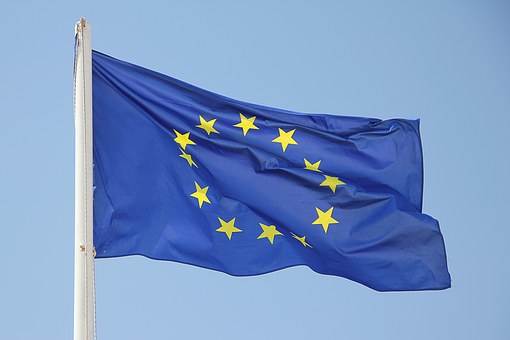 Critics of the referendum campaign to remain in the EU accused it of scaremongering, of implying that the UK would suffer severe, immediate economic consequences from any decision to leave. This was a miscalculation on the part of the Remain campaign. The immediate consequence of the decision to leave the EU was a sharp fall in the value of Sterling (by as much as 17%), but action by the Bank of England served to arrest the decline and avoid any immediate recession by cutting interest rates and a fresh programme of asset purchases. The truth of the situation, of course, was that the decision to leave, per se, had very little consequence since government initially stated a decision to announce formal withdrawal on 29/3/17, starting a two-year countdown to exit – in principle at least.
Critics of the referendum campaign to remain in the EU accused it of scaremongering, of implying that the UK would suffer severe, immediate economic consequences from any decision to leave. This was a miscalculation on the part of the Remain campaign. The immediate consequence of the decision to leave the EU was a sharp fall in the value of Sterling (by as much as 17%), but action by the Bank of England served to arrest the decline and avoid any immediate recession by cutting interest rates and a fresh programme of asset purchases. The truth of the situation, of course, was that the decision to leave, per se, had very little consequence since government initially stated a decision to announce formal withdrawal on 29/3/17, starting a two-year countdown to exit – in principle at least.
One of the consequences of the decision to walk away from the biggest trading bloc on earth has been a decline in inwards investment to the UK – foreign investors wishing to either set up businesses in the UK or invest in established concerns. Given that nobody knows what the trading relationship with the EU will be if the UK does leave the bloc, since the conditions of exit are uncertain, this is hardly surprising.
According to the Department for International Trade, the UK has seen a 14% decline in new projects in the UK in the period 2018-19. Equally, there has been a 24% fall in the number of new jobs created in the same period, just 57625 new jobs in the last financial year compared to 75968 in the previous one. Before the referendum, in the financial year 2014-15, inward investment generated nearly 85000 jobs.
The situation is worse for existing UK jobs which have been secured by further investment. However, the DfIT puts a brave face on the data, commenting that the UK remains the most popular destination for foreign investment in the EU and is the biggest recipient of US inwards investment in the world. The report stresses regions within the UK which are benefitting from inwards investment rather than making a more sanguine analysis.
The relative weakness of Sterling has seen an 8% increase of UK firms bought by foreign investors. Mark Carney, Governor of the Bank of England, has stated that Brexit uncertainty has caused UK firms to put off spending decisions, as well.
